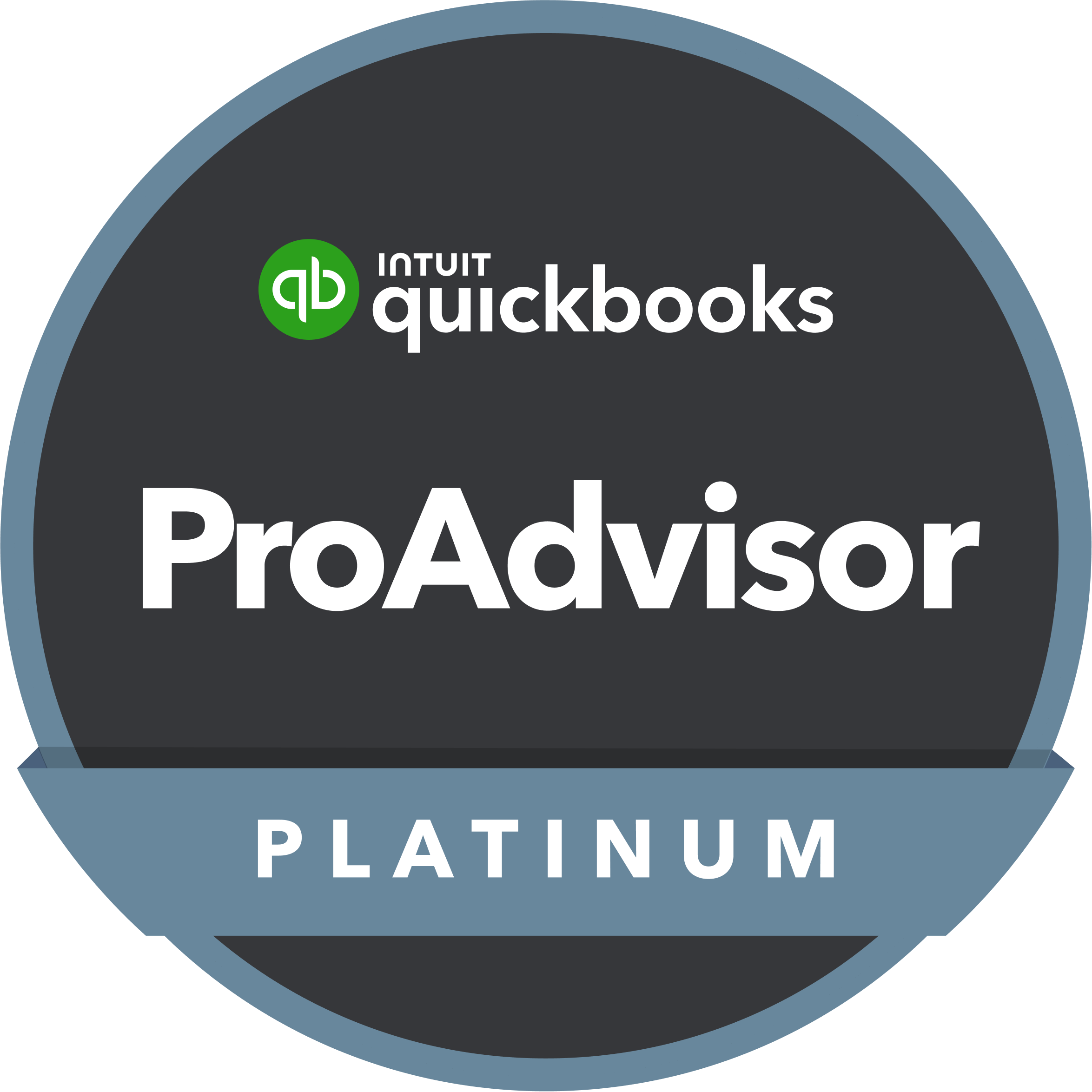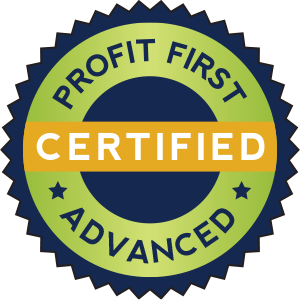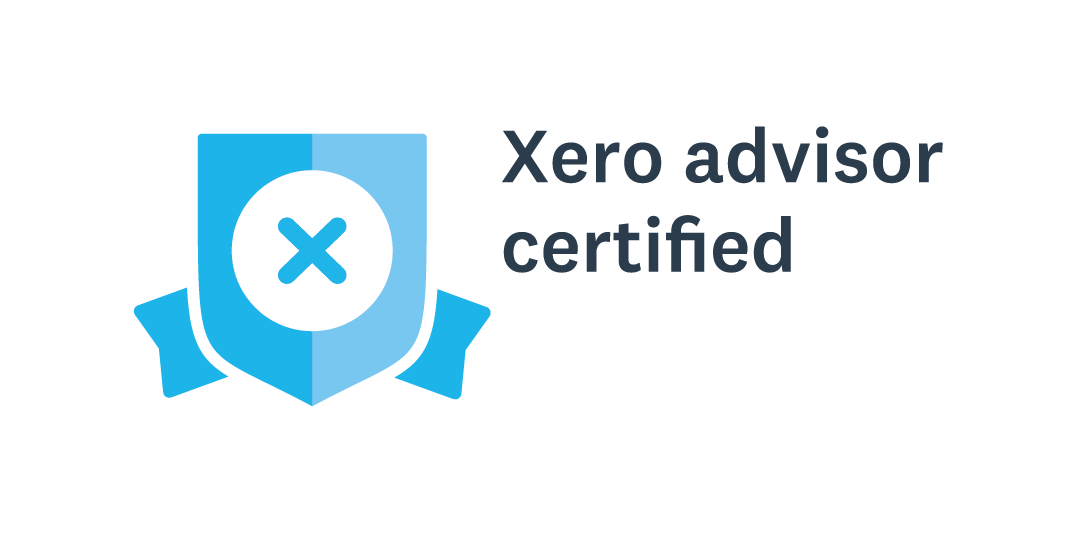Getting money out of a business is something that confuses a lot of people when they’re new to being their own boss, especially if they’re on their own, and there’s an assumption that you should know how to do this.
In this post, I’ll cover some of the basics so you’re not totally bamboozled.
Sole Trader Business
If you’re running your business as a sole trader this is quite easy, because essentially you are your company, and your money and that of your business is the same thing.
It takes care of itself, and you could even use the same bank account for both. That said, I strongly recommend that you don’t do this, and use separate accounts.
Limited Company
This is more complicated, even if you’re the only person in the company, because you and the business are separate legal entities and come under different tax rules. You’ll probably find that you have three distinct roles too – the director, the employee and the shareholder.
These are all treated differently when it comes to tax and getting your money out. However, there are really only two ways to go about this:
1. Go through payroll
In the same way you would if you were an employee, which is effectively what you are. In this case, you need to run your payroll and complete monthly Real Time Information (RTI) submissions, even if you decide not to pay yourself one month.
Being a director and running your own business means that you don’t have to have the same salary every month, and this is usually expected. When this happens, your tax and national insurance will be calculated over the year rather than on a monthly basis.
2. Dividends
If you’re a shareholder, you can be rewarded by a share of the profits. There are two things to bear in mind here: they can only be paid out of your profits after tax, although this can include profits from prior years.
The other thing to be aware of is that generally speaking, you have to pay dividends according to how many shares everyone has.
You can juggle your salary and dividends to be a bit more tax efficient and to help with your personal cash flow, so that is something to bear in mind.
What if you just take money out?
You need to think about what you’ll do if you haven’t sorted out dividends or sorted out a payroll and you’re just taking money out of the business as if you were a sole trader. This is known as a ‘director’s loan’.
It’s quite normal that when you start a business you’ll put money into it, so the company then owes you that back. If you keep taking money out, it might switch round so that you end up owing the company money. The problem here is that you have effectively taken money out of the company without going through a tax system.
If that’s happened and you owe the company money nine months after the tax year end, your company would then have to pay tax or put money towards the Treasury on your behalf (Section 455) at the equivalent amount as if it was a higher rate dividend. You can reclaim this payment once the loan from your company is cleared. However, it can take a while to get the money back.
So, what should you do?
You can read tips and tricks on how to get money out of your company and using your director’s loan to bounce funds around, and do this in a way that stays within the rules, but I’d say you’re on thin ice. If you get it wrong, you’ll incur a lot of tax and waste time.
If you do find you have this problem, try to deal with it before the end of the personal tax year, when you can keep your options open. If you leave it longer and bury your head in the sand, it’ll be harder to get out of the muddle.
Getting money out of your business is not always as straighforward as you might think. If you’re struggling with anything or have any questions, get in touch and we’ll see if we can help.




